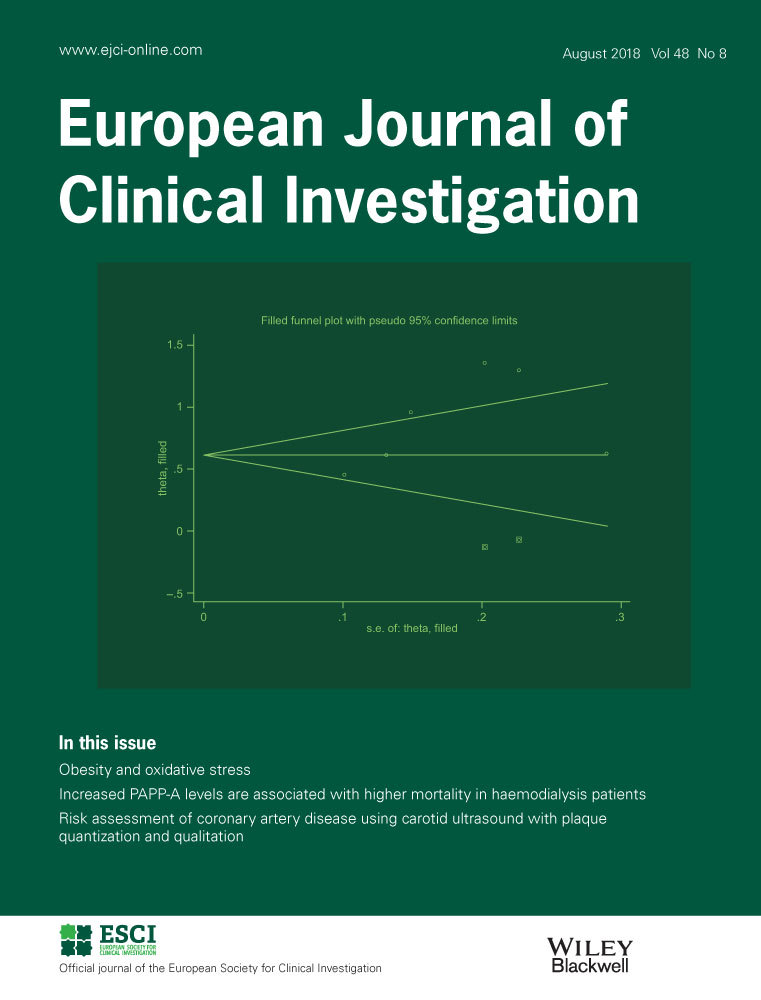The role of artificial intelligence in cardiovascular research: Fear less and live bolder
Abstract
Background
Artificial intelligence (AI) has captured the attention of everyone, including cardiovascular (CV) clinicians and scientists. Moving beyond philosophical debates, modern cardiology cannot overlook AI's growing influence but must actively explore its potential applications in clinical practice and research methodology.
Methods and Results
AI offers exciting possibilities for advancing CV medicine by uncovering disease heterogeneity, integrating complex multimodal data, and enhancing treatment strategies. In this review, we discuss the innovative applications of AI in cardiac electrophysiology, imaging, angiography, biomarkers, and genomic data, as well as emerging tools like face recognition and speech analysis. Furthermore, we focus on the expanding role of machine learning (ML) in predicting CV risk and outcomes, outlining a roadmap for the implementation of AI in CV care delivery. While the future of AI holds great promise, technical limitations and ethical challenges remain significant barriers to its widespread clinical adoption.
Conclusions
Addressing these issues through the development of high-quality standards and involving key stakeholders will be essential for AI to transform cardiovascular care safely and effectively.


 求助内容:
求助内容: 应助结果提醒方式:
应助结果提醒方式:


